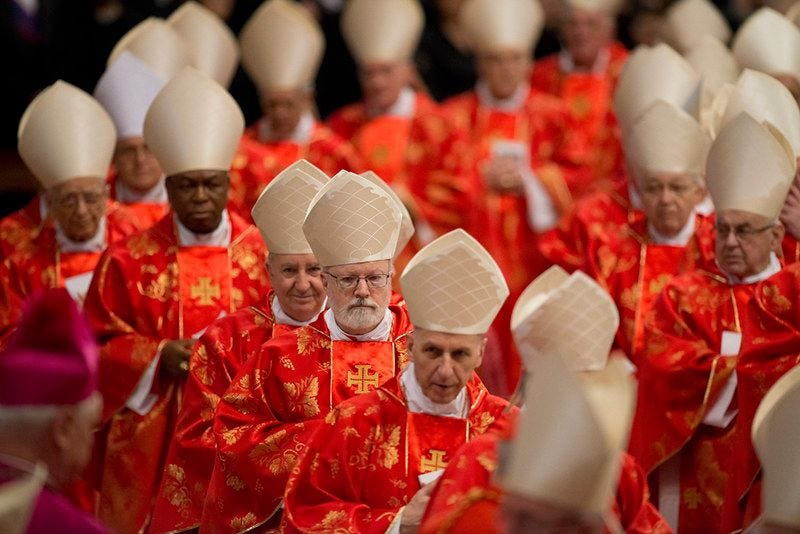At synod on synodality, will bishops talk about sex?
They may hope to avoid it, but if the synod is going to talk about welcoming people, bishops are going to need to have some frank conversations about sex.

When the Vatican released its working document for the continental phase of the global synod on synodality, the text emphasized a “demand for welcome” for “those who, for various reasons, feel a tension between belonging to the Church and their own loving relationships, such as: remarried divorcees, single parents, people living in a polygamous marriage…
